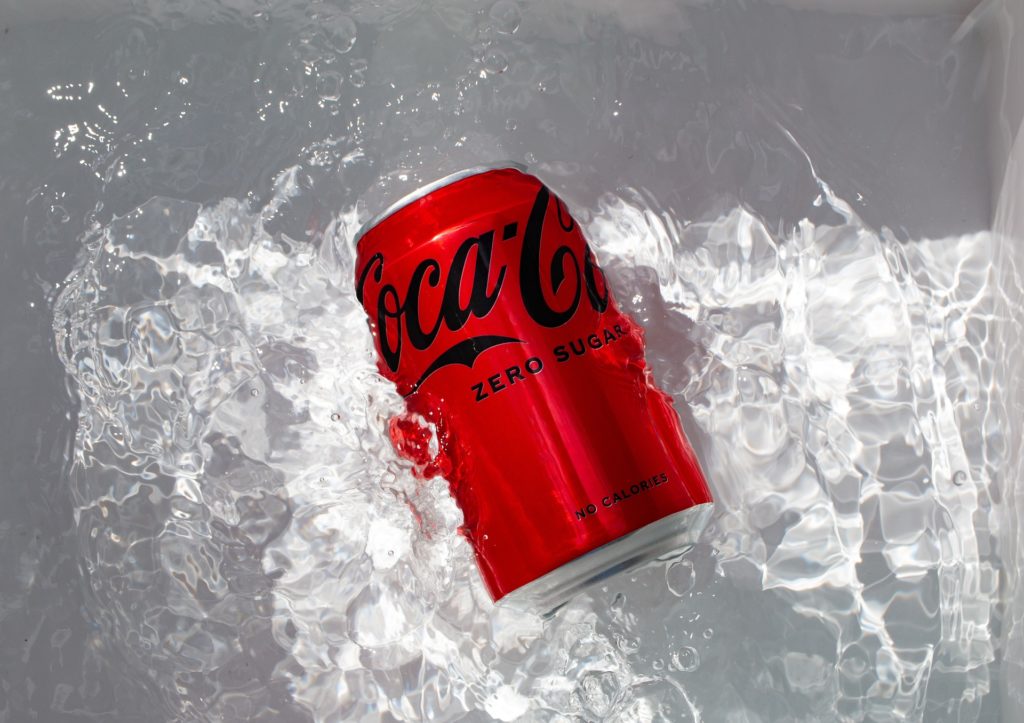
- This is among the first large-scale studies to examine associations between beverage consumption, all-cause mortality, and cardiovascular disease mortality specifically among people living with type 2 diabetes
- Those with type 2 diabetes who regularly consumed sugar-sweetened beverages like soda or lemonade had a higher risk of developing cardiovascular disease and/or dying prematurely than those who regularly consumed beverages like coffee, tea, low-fat cow’s milk, and plain water
- Each additional daily serving of a SSB was associated with an 8% higher all-cause mortality among those with type 2 diabetes. Replacing one daily serving of a SSB with a healthier beverage was associated with up to an 18% lower risk of all-cause mortality
Boston, MA—High consumption of sugar-sweetened beverages (SSBs) was associated with an elevated risk of premature death and incidence of cardiovascular disease (CVD) among people with type 2 diabetes, according to a new study led by researchers at Harvard T.H. Chan School of Public Health. Drinking beverages like coffee, tea, low-fat cow’s milk, and plain water was associated with lower risk of dying prematurely.
The study looked specifically at consumption of different beverages among patients with type 2 diabetes. While many prior studies have linked beverage consumption and health outcomes such as cardiometabolic health, weight change, and mortality, those studies have primarily been among the general population.
“Beverages are an important component of our diet, and the quality can vary hugely,” said lead author Qi Sun, associate professor in the Departments of Nutrition and Epidemiology. “People living with diabetes may especially benefit from drinking healthy beverages—but data has been sparse. These findings help fill in that knowledge gap and may inform patients and their caregivers on diet and diabetes management.”
The study will be published online April 19, 2023 in The BMJ.
The researchers analyzed an average of 18.5 years of health data from 9,252 women participating in the Nurse’s Health Study and 3,519 men participating in the Health Professionals Follow-up Study, all of whom had been diagnosed with type 2 diabetes at baseline or at some point during the study. Every two to four years, the participants reported on how often they consumed SSBs (including sodas, fruit punch, and lemonade), artificially sweetened beverages (ASBs), fruit juice, coffee, tea, low-fat cow’s milk, full-fat cow’s milk, and plain water.
The findings showed higher all-cause mortality, and higher incidence of and mortality from CVD, among those who regularly consumed SSBs: Every additional daily serving of a SSB was associated with an 8% higher all-cause mortality. Inversely, all-cause mortality and incidence of and mortality from CVD decreased among those who regularly consumed healthier beverages such as coffee, tea, low-fat cow’s milk, and/or plain water. Replacing one daily serving of a SSB with one serving of coffee was associated with an 18% lower risk of all-cause mortality and a 20% lower risk of CVD mortality; tea with 16% and 24% lower risk; plain water with a 16% and 20% lower risk; and low-fat cow’s milk with a 12% and 19% lower risk. Drinking ASBs was also associated with healthier outcomes, but less so: Replacing one daily serving of a SSB with an ASB was associated with an 8% lower risk of all-cause mortality and a 15% lower risk in CVD mortality.
“People living with diabetes should be picky about how they keep themselves hydrated,” said Sun. “Switching from sugar-sweetened beverages to healthier beverages will bring health benefits.”